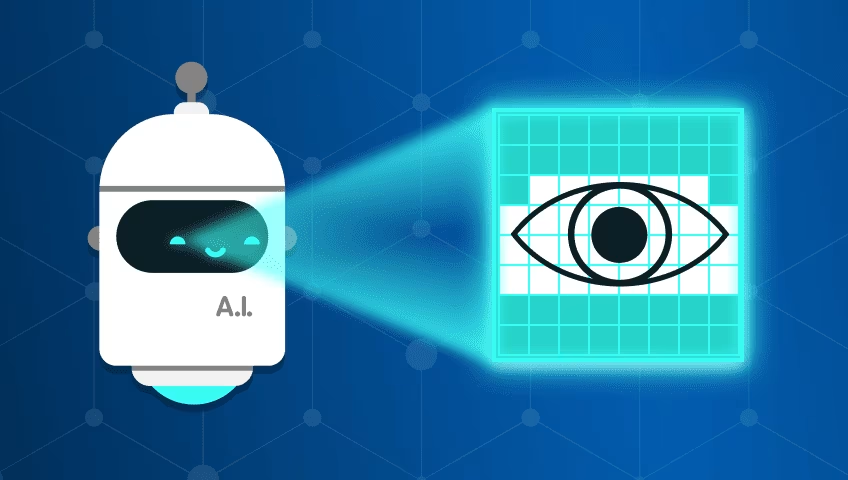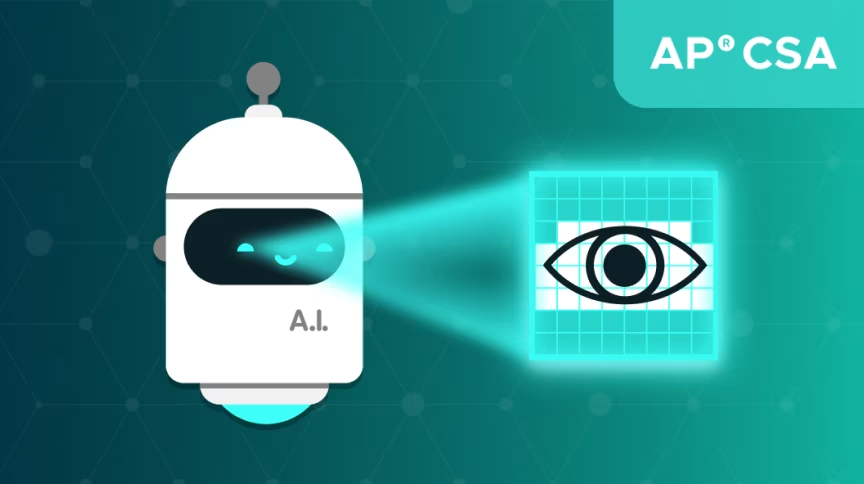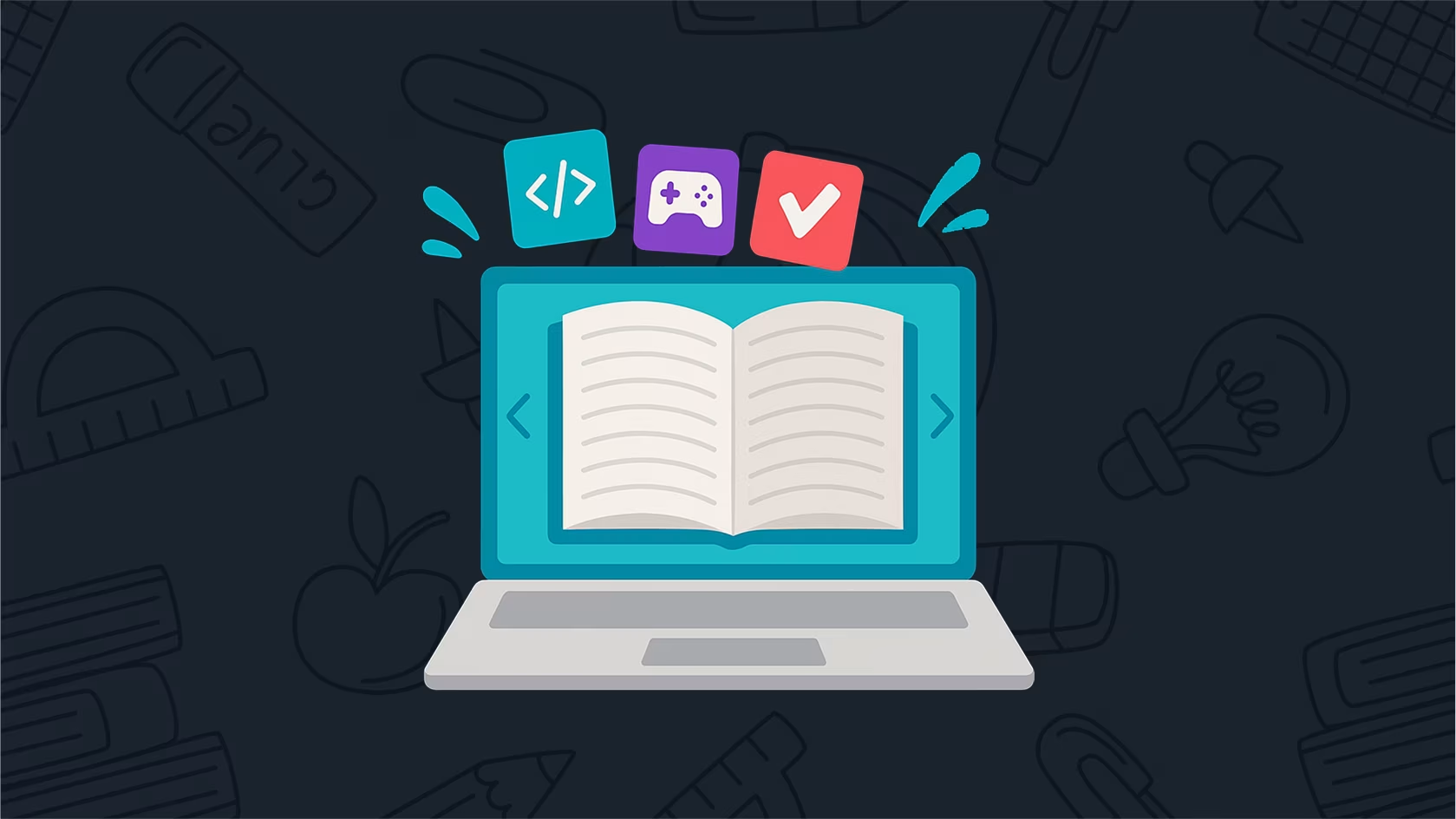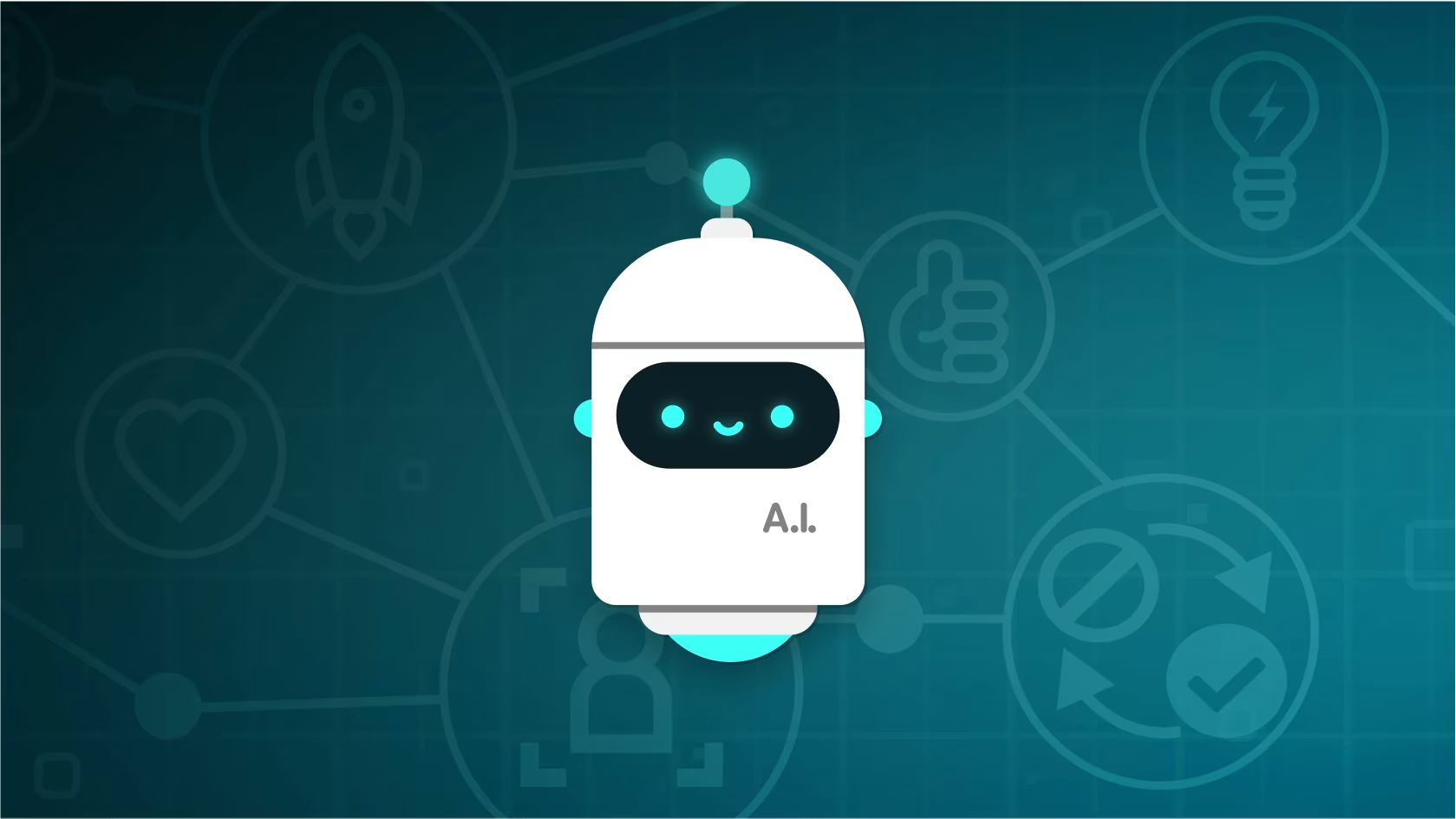Computer Vision
Explore how artificial intelligence interprets visual data through our computer vision units. Equip students with essential skills in image processing, object recognition, and ethical AI considerations, preparing them for future opportunities in technology.
Why teach computer vision?
Empower students to solve real-world challenges, foster innovation, and explore AI's ethical implications in visual data.
Real-world applications
Empower students to solve real-world problems by understanding how AI interprets visual data, from healthcare diagnostics to autonomous vehicles.
Innovative thinking
Foster innovative thinking by engaging students with cutting-edge technology, encouraging them to develop creative solutions, and explore new possibilities.
Ethical awareness
Teach students to critically assess the ethical implications of AI, promoting responsible and thoughtful application of computer vision technologies.
Curriculum at a glance
Grades: 9, 10, 11, 12
Level: Intermediate
Duration: Month
Devices: Computer, Chromebook
Topics: Artificial Intelligence, Programming
Professional Learning: Self-paced Modules
Get started with computer vision
Grades 9-12
Computer Vision

Explore how artificial intelligence interprets visual data through our computer vision units.
Grades 9-12
Software Engineering and Computer Vision

Offers students hands-on experience with professional software development tools and imparts them with the real-world skills to develop a computer vision program.
Preparing to teach about computer vision
Boost your teaching skills with our self-paced professional learning for computer vision.

9-12 Teachers
Teaching Computer Vision
This professional learning module equips educators to teach Code.org's Computer Vision unit, where students (grades 6-12) explore image and video analysis through engaging activities and discussions on ethics and real-world applications.
Stay informed on AI at Code.org
Keep up with Code.org's innovative AI tools and updates. Subscribe to our newsletter for the latest insights and developments.
You can unsubscribe at any time.
Additional resources
Paragraph
Curriculum Catalog

Comprehensive curriculum offerings for every grade and experience level featuring robust structured and self-paced learning options.
Artificial Intelligence (AI)

Explore how AI is shaping our world through free curriculum, videos, and integrations that make artificial intelligence accessible and inspiring.
Professional Learning

Flexible, high-quality training that helps build confidence and equips teachers to effectively teach computer science with our curriculum.